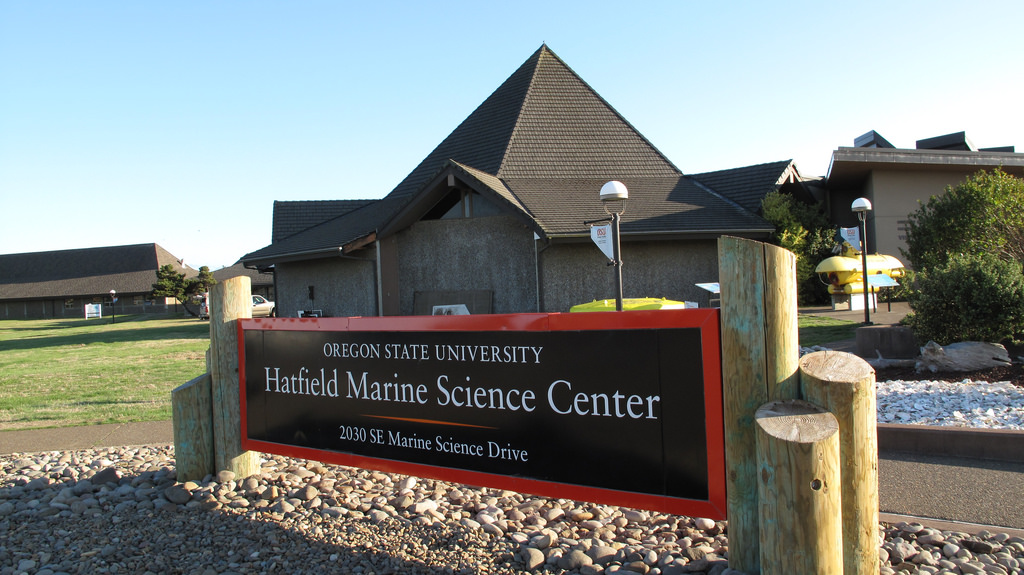SPEAKER: James Watson, Socio-Environmental Analysis (SEA) Lab, CEOAS, Oregon State University
TOPIC: Living With Non-stationary Climate Change: Risk Management for Social-Ecological Resilience
ABSTRACT: The 22nd Century will see great changes to our global biosphere, our relationship with it, as well the technologies that we use to foster individual and collective wellbeing. How can we be resilient to these risks? In this talk, I will introduce new ways to quantify the emergence of novel marine environments, as a risk to the efficacy of marine protected areas. As our global biosphere continues to be altered by carbon emissions, it is important that we understand how these changes will emerge locally. Using information theoretic measures of environmental novelty, we are identifying oceanic regions that will be “new”, relative to their contemporary state, sometime in the next 80 years. I will also discuss a key aspect of fishing communities in terms of managing environmental risks — fisheries connectivity. Fisheries connectivity describes the way in which fishermen connect different fisheries through shared participation. Seeing fisheries in terms of their connectivity provides a lens by which to quantify the adaptive capacity of a given fishing community. Another means of managing climate associated risks is insurance, and I will introduce new approaches to managing marine heatwaves and associated harmful algal blooms with parametric insurance. Last, I will also introduce work being done modeling the spatial competition between international fishing fleets. As marine species distributions shift under climate change, so will fishing fleets. In particular, different nation’s fleets are likely to impinge on others, through spatial competition. To identify potential future hotspots of international fleet competition, we analyze global AIS data using approaches from community ecology, specifically we model the alpha and beta diversity of fishing fleets as a function of changing oceanographic conditions. Collectively, these topics describe various ways in which we deal with non-stationary change, which is the world we live in now.
DATE: Thursday, April 8, 2021
TIME: 3:30 PM – 4:30 PM
For the live broadcast of the VIRTUAL Thursday Seminar, visit:
https://oregonstate.zoom.us/j/94555731151?pwd=RnJ6eVg0ODdzRUpVc0pQbUlIdUV3dz09
Password: 972587 or call +1-971-247-1195 US Meeting ID: 945 5573 1151
For recordings of past Thursday Seminars, visit: http://hmsc.oregonstate.edu/pastseminars

Event Duration: 1 - 3 hours
Date: April 8, 2021
Time: 3:30 pm
End Time: 4:30 pm
Time Zone: PST